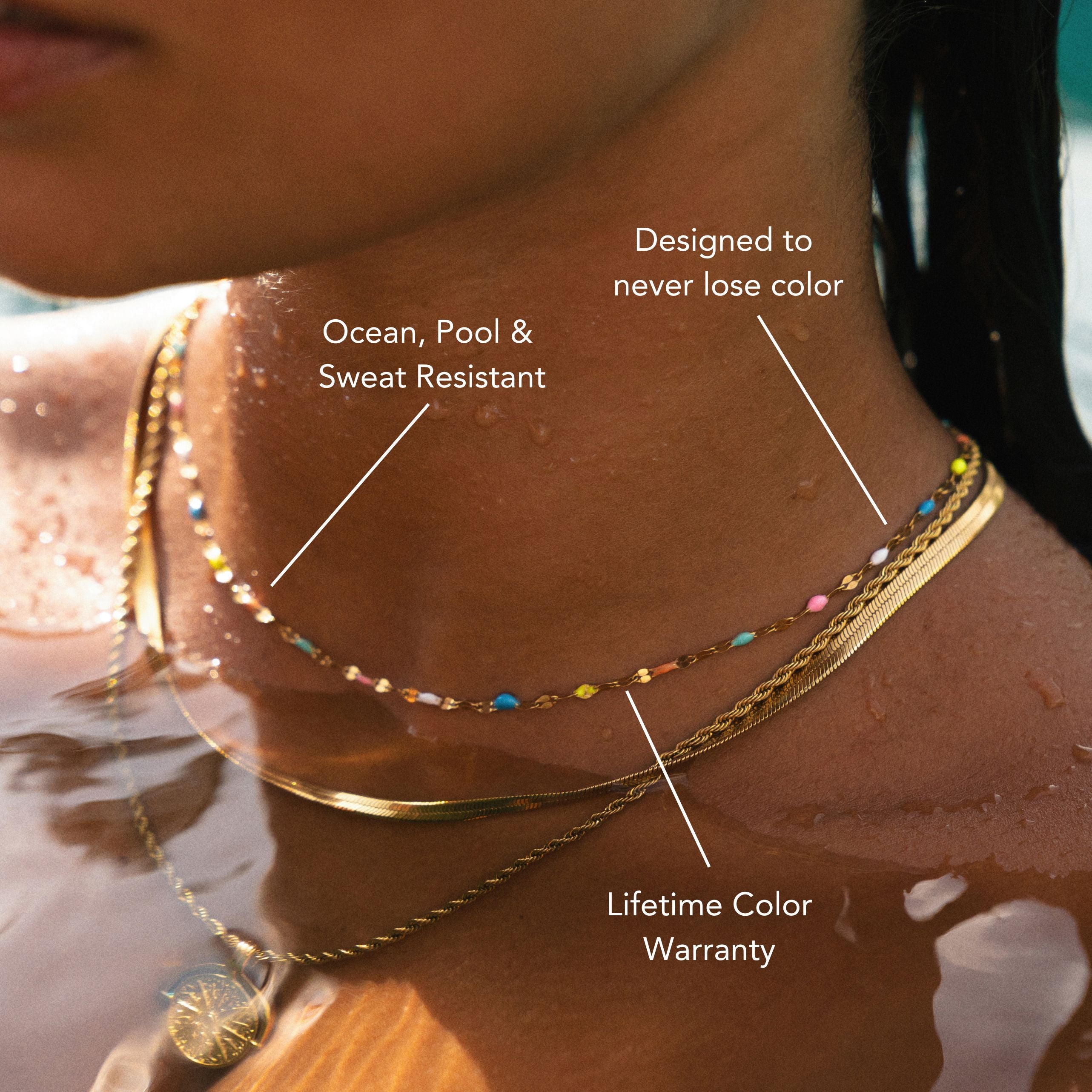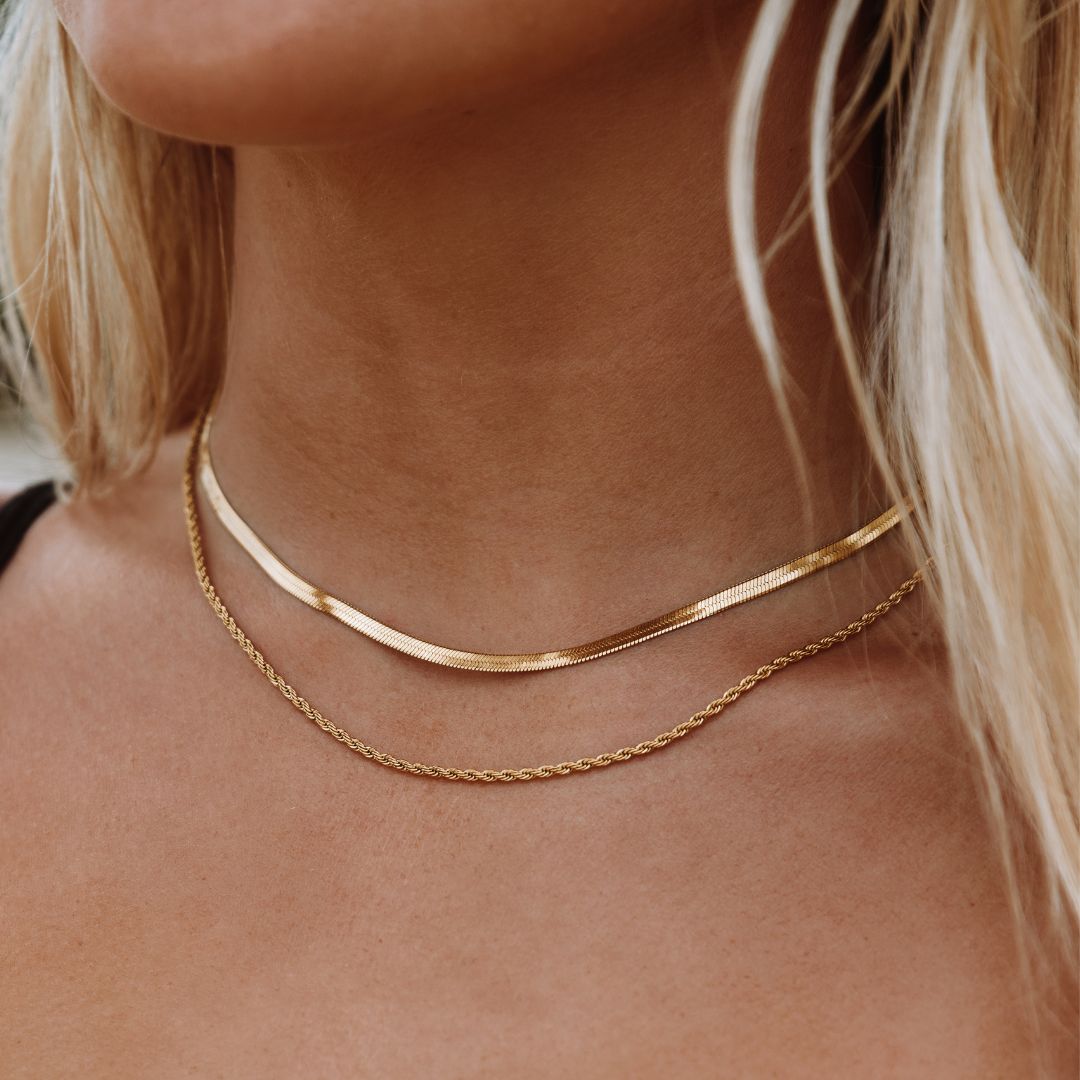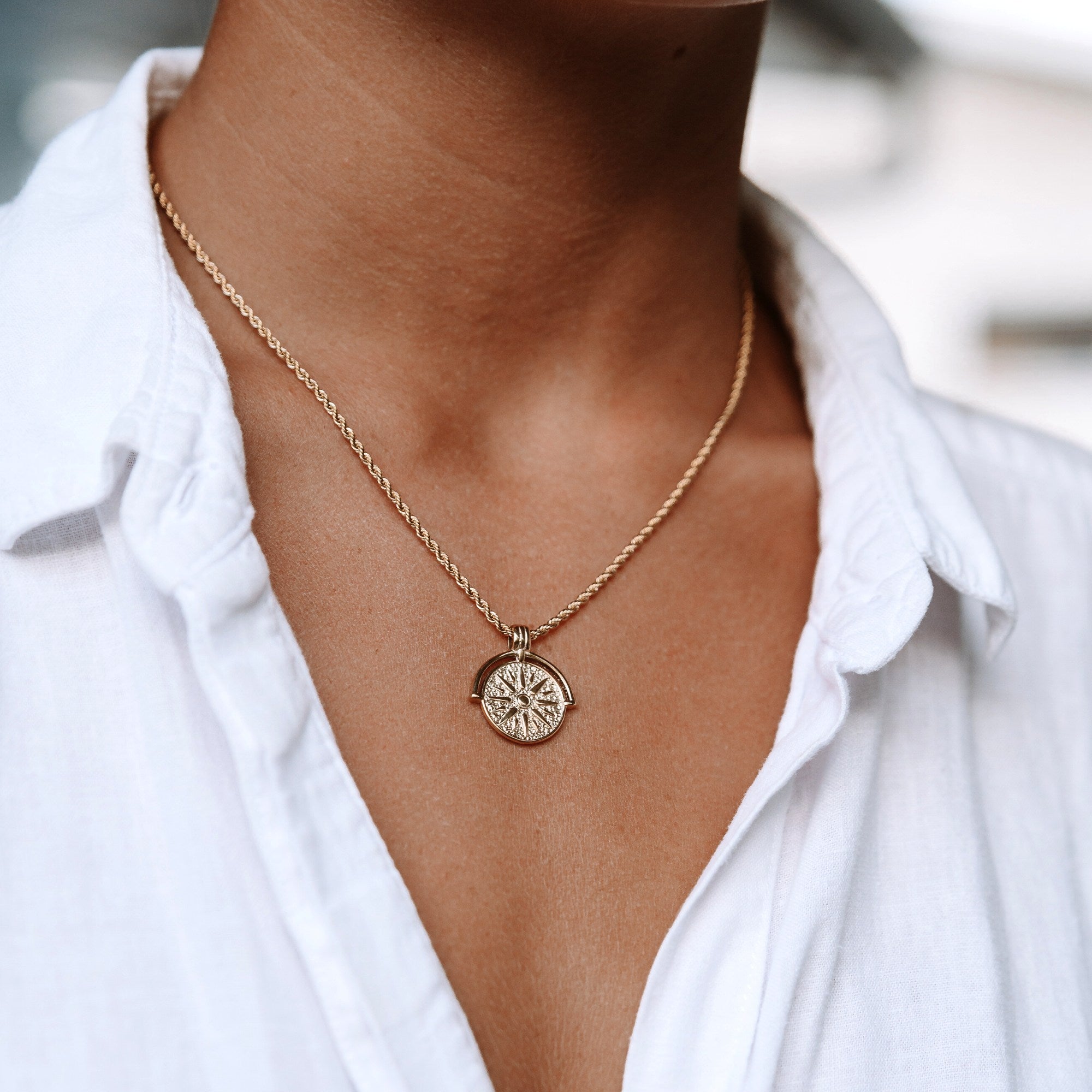15 Interesting Octopus Facts
There is no denying that octopuses are some of the most exciting creatures of the ocean. Known for their spherical head and eight arms, these cephalopods have captured our curiosity, if not our hearts. If you, too, are captivated by this unique animal, here are some interesting facts for you.
Before we head over to the list, did you know that there is an International Octopus Day? It happens every October 8 to celebrate one of the earth's oldest creatures.
During the celebration, aquatic parks, zoos, and marine sanctuaries hold special events that educate the public about octopuses and care for the ocean.
15 Octopus Interesting Facts That Will Blow Your Mind
Octopuses have been portrayed in several ways in popular media, but often negatively. Doctor Octopus or Doc Ock is a main villain in the Spider-Man comics. Ursula, the sea witch from the Little Mermaid, is also the story's main baddie.
But while octopus might seem scary because of their shape, they are mostly peaceful creatures. Some studies even suggest that they are often playful, curious, and even resourceful.
Below are just a few interesting facts about octopus that will make you understand this one-of-a-kind ocean dweller.
The name "octopus" is derived from the Greek word "oktopous," which means "eight feet."
A typical octopus is 12 to 36 inches in length and weighs six to 22 pounds. A Giant Pacific Octopus, on the other hand, can grow to be 16 feet long and weigh 110 pounds. The largest Giant Pacific octopus was measured at 30 feet long and weighed over 600 pounds, roughly the same as a small horse.
Octopuses are divided into two suborders: cirrina and incirrina.
The cirrina octopuses have a weather balloon-like appearance. They have two little fins, a thin internal shell, and many cilia around their suckers. The incirrina, on the other hand, has no interior shell and no fins.
Octopuses have three hearts.
The first two are branchial hearts, which pump blood through the gills, while the third is a systemic heart, which circulates blood throughout the body. When an octopus swims, the heart that supplies the organ with blood stops beating. This structure is most likely why swimming exhausts octopus quickly, and crawling is their preferred mode of movement.
They're similar to jellyfish.
As they don't have an internal or external skeleton, allowing them to squeeze into and out of spaces as small as the diameter of their eye. A sharp hair-like beak found where the limbs converge, the only hard feature of their bodies. They are made from the same materials found on lobster shells.
An octopus' intellect is its most impressive feature.
They are the craftiest of all invertebrates, yet they face stiff competition from other animals in that category. Octopuses can learn and remember complex tasks like navigating mazes and opening child-resistant jars.
They also use tools similar to what intelligent animals like chimpanzees and crows do.
This trait was first observed in 2009 when scientists watched a veined octopus pick up discarded coconut shells and use them as mobile homes.
Octopuses have blue blood.
This is due to a copper-rich protein called hemocyanin, which is used to carry oxygen. In situations with frigid temperatures and low oxygen pressures, such as the ocean, this form of blood is more efficient than iron-rich hemoglobin.
They are masters of camouflage.
In three-tenths of a second, an octopus can change the color of its entire body. They can also imitate specific things to blend in flawlessly with their surroundings.
Octopuses are venomous creatures.
Although most don't have enough venom to hurt people seriously, a bite from a little blue-ringed octopus can paralyze humans for several minutes. They contain enough poison in their bodies to kill 20 people.
The smallest species of octopus is the wolfi, also called the star-sucker pygmy octopus.
They grow up to less than an inch and weigh about a gram. They are commonly found in the western Pacific Ocean at depths of around 10 to 100 feet.
They have short lifespans.
Some species only live for half a year, while larger species like the Giant Pacific octopus can live up to five years.
The octopus' arms contain two-thirds of its neurons.
Each arm typically includes up to 240 suction cups; each can support a weight of up to 35 pounds. They have chemoreceptors in their suction cups, which allow them to taste what they are touching.
Meanwhile, octopus ink is used for more than just hiding from predators.
The ink is made of melanin, the same chemical that gives humans their skin color and tyrosinase, a molecule. When sprayed into a predator's eyes, it causes a blinding irritation as well as a disruption in the creature's senses of smell and taste. It's a double-edged sword since the octopus could perish if it doesn't get out of its ink cloud.
The plural of octopus is octopuses.
If you’ve read this article carefully, you may have noticed that the correct plural form of octopus is octopuses and not octopi or octopods.
Octopus arms have a mind of their own.
About two-thirds of an octopus’s neurons are actually located in its arms. This means the arms can taste, touch, and even act on their own accord, without input from the brain.
Some research has even found that after an arm is severed from the body it will continue to snatch up food and try to move it in the direction of where the creature’s mouth used to be.
Unfortunately, peak catches indicate that octopus fisheries are in decline, and many octopus fisheries are presently overfished.
Endangered Species International conducted field investigations at 12 maritime sites in Southeast Asia between 2013 and 2018, finding a dramatic population loss of octopus owing to overfishing and habitat damage.
Help Conserve the Octopus
While octopuses are not on the list of endangered or threatened species, they also face a threat from the persisting sea pollution.
If you want to help conserve them and other marine animals, it's essential to be mindful of where you throw your garbage, especially plastic products. You can also join ocean clean up drives every now and then or support marine conservation groups in your area.
And do you know that octopus can also make your beach outfit more interesting? Check out our unique Stainless Octopus rings and let them wrap around your fingers to rock that Ocean vibe!



















Leave a comment
This site is protected by hCaptcha and the hCaptcha Privacy Policy and Terms of Service apply.